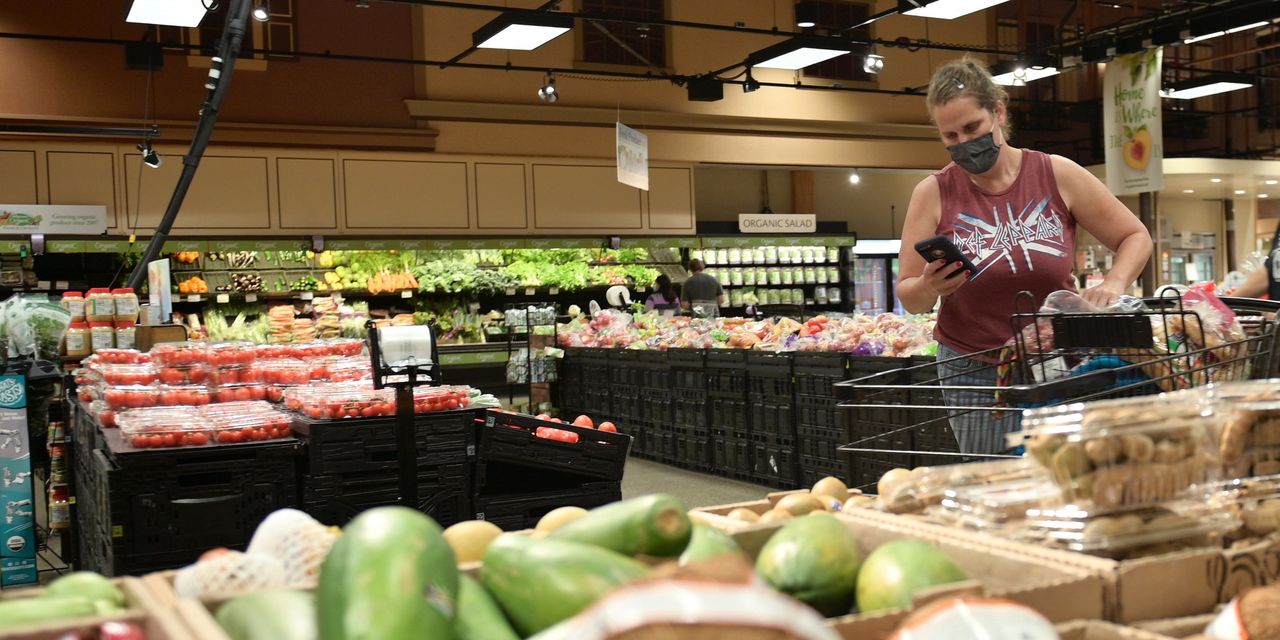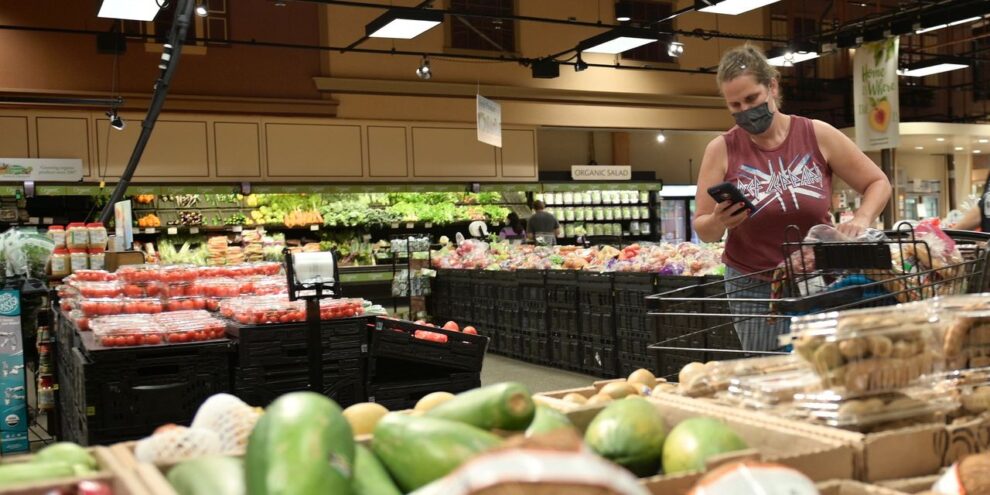
Income/spending: Consumer spending, the backbone of the U.S. economy, declined in November as COVID-19 cases picked up across the country and damped activity.
Consumer spending fell 0.4% in November after a revised 0.3% gain in the prior month, the government said Wednesday. The decline in November was in line with economists’ forecasts collected by MarketWatch.
Personal income slumped 1.1% in November after a revised 0.6% decline in the prior month. This was led by a decrease in government social welfare benefits. Economists had forecast a 0.3% decline.
Inflation: The 12-month increase in the PCE index, the Federal Reserve’s preferred inflation gauge, slipped to 1.1% in November from 1.2% in the prior month. The core PCE rate that strips out food and energy remained steady at 1.4% on an annual basis.
What happened: Consumers cut back on spending on both goods and services in November. There were declines in spending on clothes and autos. There was a large gain in take-out orders from restaurants, but spending on eating out and utilities dropped in the month.
Wages and salaries, the biggest contributor to income, rose 0.4% after a 0.7% gain in October. This was the smallest increase since the lockdown in April.
But overall income was dragged down by business income as government loan programs ended and other social programs expired.
With income falling more than spending, the savings rate slipped to 12.9% in November from 13.6 in the prior month.
Big picture: Economists think the surge of COVID-19 cases is causing the economy to lose steam. Retail sales in November were also weak. There is some hope that the latest economic relief package will give the economy a second wind.
What are they saying? “The economy is entering 2021 with very little dynamism, and the urgency of passing the Covid relief package cannot be understated. Without it, consumer spending growth could flirt with zero in Q1 – compared with our December baseline forecast of 0.5% (or, 2% annualized) which incorporated a $1 trillion fiscal stimulus package,” said Gregory Daco, chief U.S. economist at Oxford Economics.
Market reaction: Stocks were higher on Wednesday as the market looked through weak data and focused on the good news of vaccines. The Dow Jones Industrial Average DJIA, +0.75% was up 215 points in later afternoon trading.












